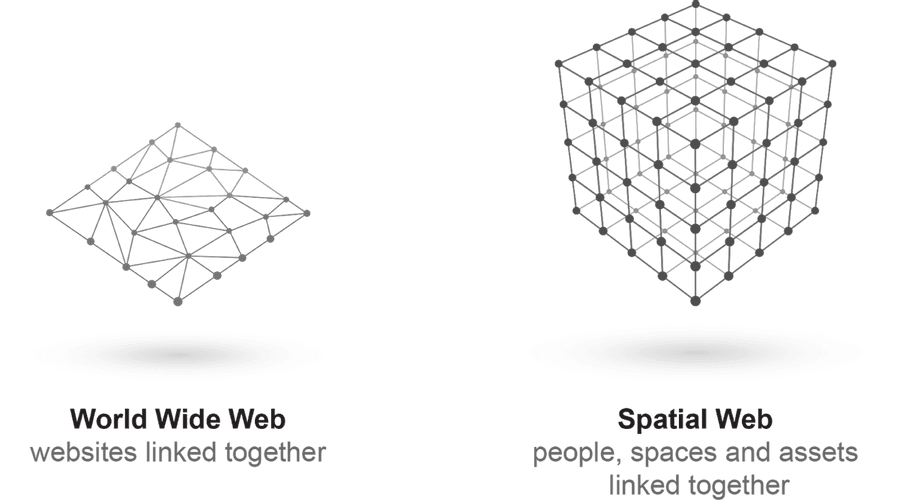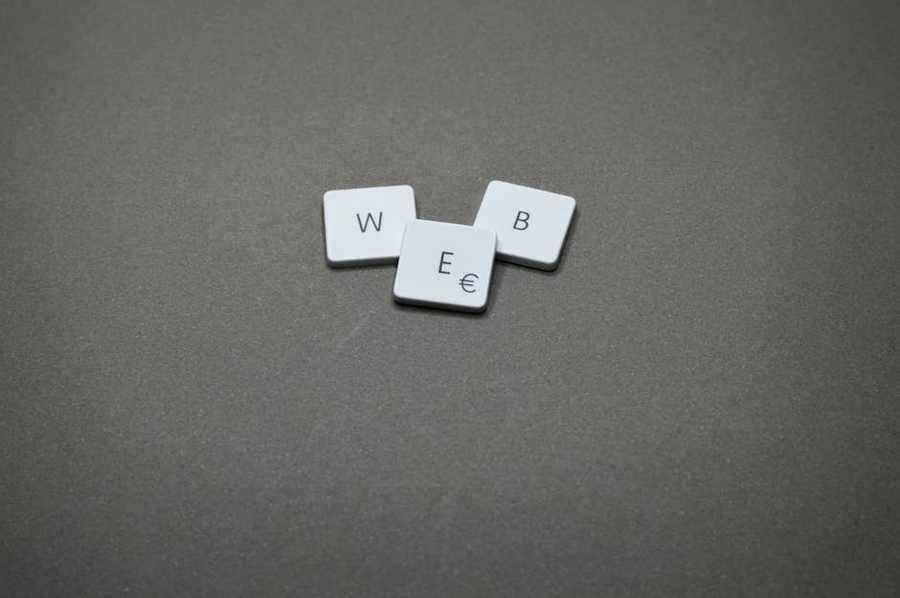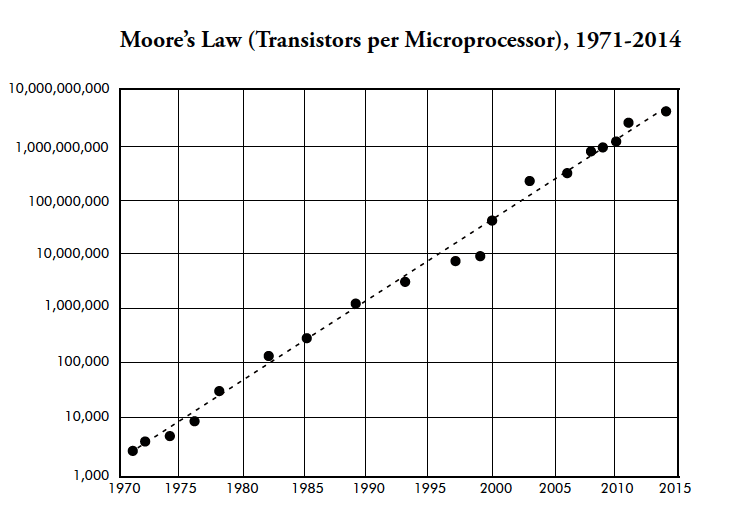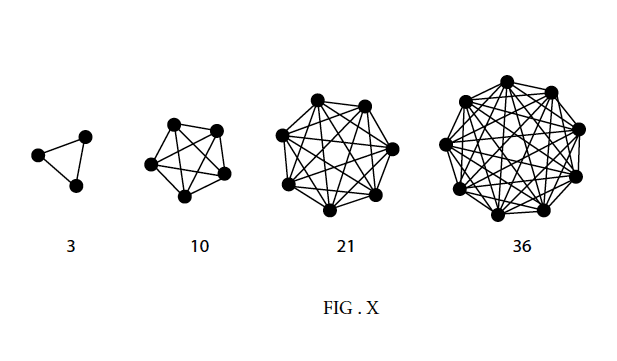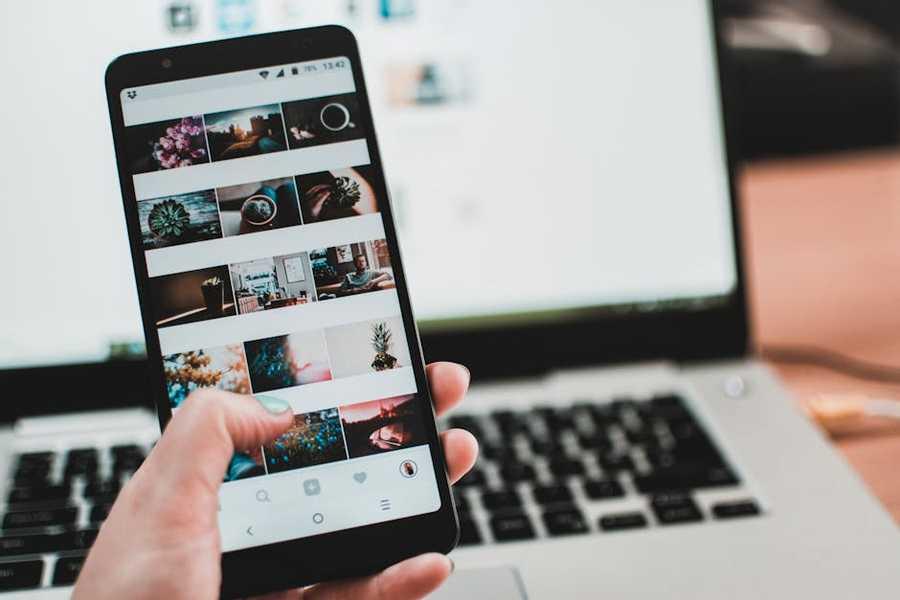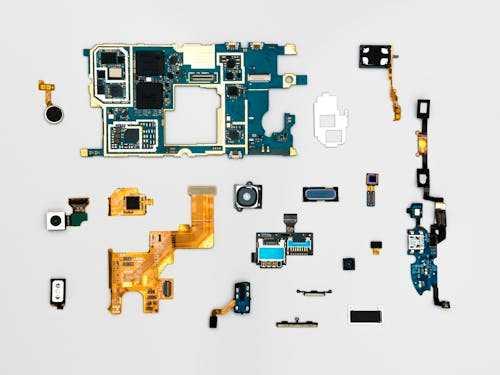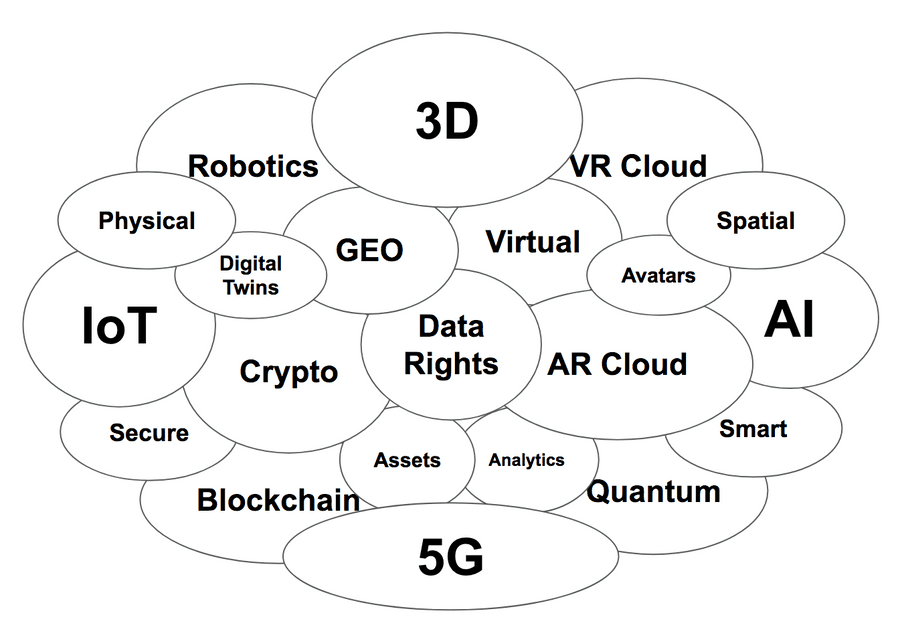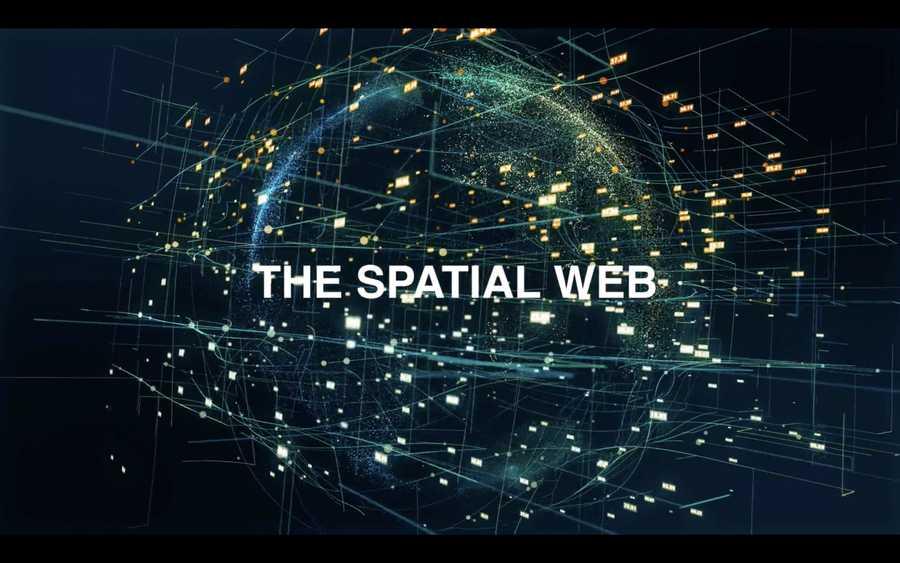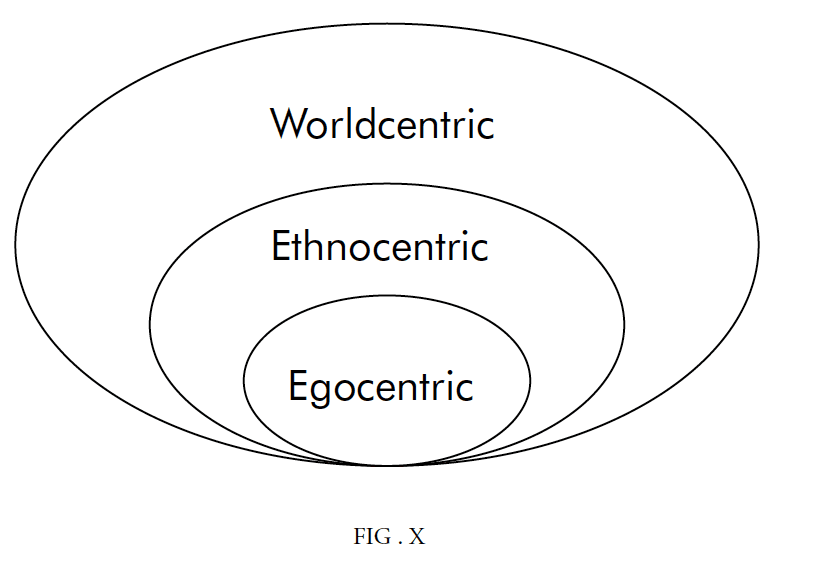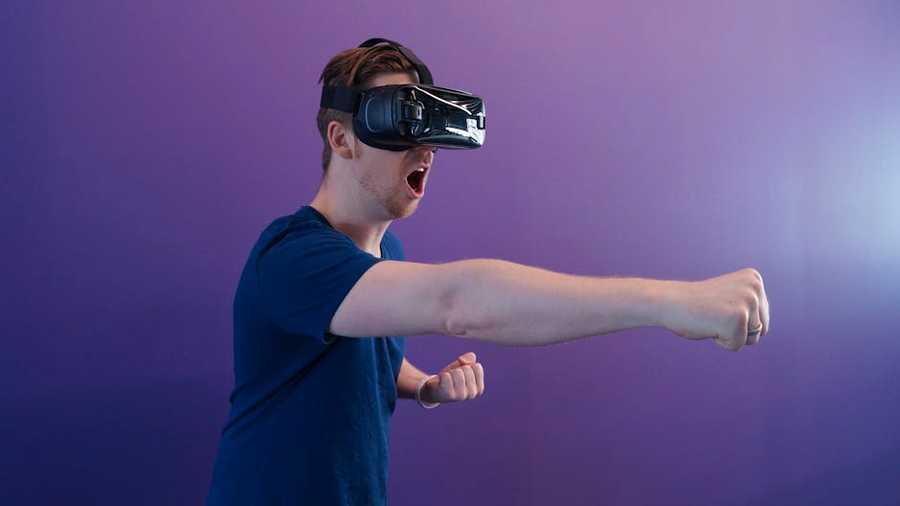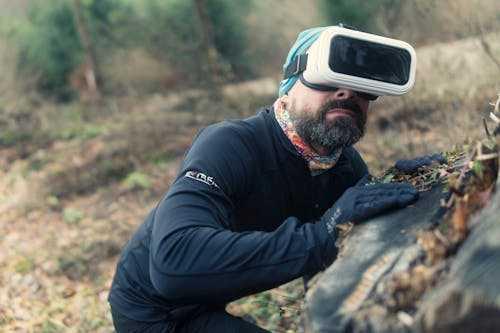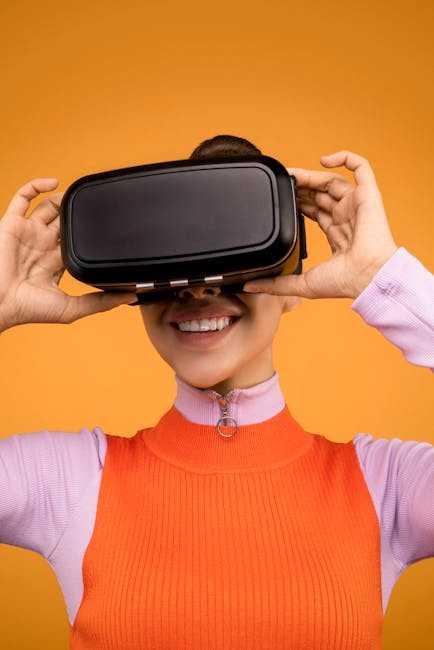An Introduction to The Spatial Web
Curated from: medium.com
Ideas, facts & insights covering these topics:
16 ideas
·14.7K reads
43
2
Explore the World's Best Ideas
Join today and uncover 100+ curated journeys from 50+ topics. Unlock access to our mobile app with extensive features.
The Web 3.0 Era
Across the many “Top Technologies for 2020” lists compiled by the leading research firms around the world, a recurring pattern emerges.
As we bear witness to the Digital Transformation of our world and cross the threshold into the Web 3.0 era, we face some extraordinary choices with serious and wide-ranging implications. Our technologies, from the first use of fire to the future of facial recognition, appear to be neutral by their very nature. Their appearance obscures their innate potential to magnify both the best and worst of human desires.
112
1.62K reads
The Boundaries Of Virtual And Real Are Dissolving
The emergence of smart cities and factories, autonomous cars and homes, smart appliances and virtual reality worlds, automated shopping, and digitized personal medicine are transforming the way we live, play, work, travel, and shop. All across the planet, our technologies are breaking out from behind the screen and into the physical world around us. Simultaneously, the people, places, and things in our world are being digitized and brought into the virtual world, becoming part of the digital domain. We are digitizing the physical and “physicalizing” the digital.
118
1.26K reads
Progress In The Last Decade
The investments and acquisitions that the largest tech companies have made over the last decade in Artificial Intelligence, Augmented and Virtual Reality, Internet of Things including smart cars, drones, robotics, and biometric wearables as well as Blockchain, Cryptocurrency, 5G Networks, 3D printing, Synthetic Biology, Edge, Mesh, Fog Computing, are being woven into the fabric of our global civilization, under our feet, above our heads, and all around us.
113
1.13K reads
The Moore's Law
These computing technologies coming of age in the 21st century are often referred to as “exponential” — true to Moore’s Law, about every 18 months their capabilities and performance powers double for the same cost.
This is a common effect of computing technologies, known as “Moore’s Law” for the co-founder of Intel, Gordon Moore.
124
1.2K reads
Metcalfe’s Law Of Network Scale
Metcalfe’s Law states that the total value of a network is determined by the number of other users connected to the network. The more users that an individual user can reach through a network, the more valuable the network becomes, even when the features and price of service remain the same. Metcalfe’s Law is about network scale.
129
1.15K reads
Better Phone, Better Network, More Users
An upgraded smartphone on a faster network enables more engagement, content consumption, and sharing, which drives other users to participate. Web 2.0 has driven the adoption from 1 billion Internet users in 2005 to nearly 4 billion in 2019.
3.9 billion people use mobile phones to access the Web, and 2.5 billion of those use smartphones. 3.4 billion are on social networks, 3.2 billion of whom use their mobile phones to access social networks. Better hardware, faster networks, more users.
Exponential compute power + Exponential network connections = Exponential Value
106
964 reads
The IoT(Internet Of Things)
It will soon become technologically and economically worthwhile to computerize complex things like cars, cities, and humans, but ultimately, we will computerize increasingly smaller things like jewellery, clothing, buttons, and even our very cells.
And because value is best accumulated by combining many networks into a single network as the existing Internet has done, this new network of people, places, and things, rules, and value create the Internet of Everything in the Web 3.0 era because it grants the ability to computerize and connect everything.
111
924 reads
The Convergence
What happens when we integrate the physical, digital, and biological domains together? A new multidimensional web emerges — The Spatial Web.
Facilitated by new network protocols, the Convergence could lead to the creation of a new web that connects physical places together with virtual places. It could enable an open and interoperable new generation of the web — a Web 3.0 era that secures the privacy and property rights of individuals while ensuring secure and trustworthy interactions and transactions between the human, machine, and virtual economies.
115
896 reads
The Spatial Web
The Spatial Web weaves together all of the digital and physical strands of our future world into the fabric of a new universe where next-gen computing technologies generate a unified reality; where our digital and physical lives become one.
This is a new kind of network, not one of the interconnected computers like the original Internet or a network of interlinked pages, text, and media like the World Wide Web, but rather a “living network” made up of the interconnections between people, places, and things, their virtual counterparts, and the interactions, transactions and transportations.
112
806 reads
Going Beyond The Limitations Of Today
Today, we can’t share knowledge all that effectively because we cannot share our mental models and maps of the world directly between different brains. We can’t copy/paste ideas and concepts between ourselves, much less create, edit, or share them with AI, or IoT devices.
Using Distributed Ledger technologies like Blockchain could enable us to reliably verify factual data about the world while enabling the freedom to collaboratively explore, edit, mashup, and remix reality.
105
774 reads
The Language Of Geometry
The power of the Spatial Web initially comes from its ability to describe the world in the language that the world speaks to us in — geometry. The Spatial Web lets us use a digitally-mediated universal language in which all information can become spatial. It enables the current information on the web to be placed spatially and contextually on objects and at locations, where we can interact with information in the most natural and intuitive ways, by merely looking, speaking, gesturing, or even thinking.
101
722 reads
From Egocentric To World-centric
The Spatial Web has the potential to move us from predominantly egocentric and ethnocentric concerns to more world-centric ones that are more holistic, equitable, and inclusive.
Today’s web protocols are obsolete as they were designed for interconnecting pages on computers, not people, places, and things in the real world. These protocols were designed for sharing information, not for managing and coordinating the activities of humans, machines and AI or engaging in real-time global trade and commerce.
103
705 reads
The World Replicated In Code
In Web 3.0, we will not only create a “Digital Twin” or soft copy of our world and everything in it, but a Smart Twin of everything, with its own unique ID, interaction rules, and verifiable history capable of being linked and synced to its physical counterpart, spatially.
Like a Wikipedia for anything, making all the world searchable, allowing for any object, person, process, and system to be updated, quantified, optimized and shared — if you have the right permissions to do so.
The applications are endless and the implications, both positive and negative — are practically indescribable.
105
668 reads
This Gets Bigger And Bigger
Given the historical importance and exponential power ascribed to Convergence technologies, a comprehensive vision is required that describes how these technologies will be best aligned with our core human values and what the implications will be if they are not. Piecemeal descriptions and industry-centric narratives do not provide the holistic vantage point from which we must consider how best to make the critically important decisions regarding matters of privacy, security, interoperability, and trust in an age where powerful computing will literally surround us.
99
628 reads
Black Mirror Is Coming To The Real World
If we fail to make the right societal decisions now, as we are laying the digital infrastructure for the 21st century, a dystopic “Black Mirror” version of our future could become our everyday reality.
A technological “lock-in” could occur, where dysfunctional and/or proprietary technologies become permanently embedded into the infrastructure of our global systems leaving us powerless to alter the course of their direction or ferocity of their speed.
103
668 reads
Let There Be 'White Mirror'
Thankfully, there is also a “white mirror” version of Web 3.0, a positive future not well described in our sci-fi stories. It’s the one where we intentionally and consciously harness the power of the Convergence and align it with our collective goals, values, and greatest ambitions as a species. In the “white mirror” version, we have the opportunity to use these technologies to assist us in working together more effectively to improve our ecologies, economies, and governance models, and leave the world better than the one we entered.
106
629 reads
IDEAS CURATED BY
CURATOR'S NOTE
The Spatial Web is the multidimensional version of the internet that is now a reality.
“
Blessica D's ideas are part of this journey:
Learn more about scienceandnature with this collection
The differences between Web 2.0 and Web 3.0
The future of the internet
Understanding the potential of Web 3.0
Related collections
Similar ideas
3 ideas
Top 10 Web 3.0 Trends and Predictions to Lookout for in 2022
analyticsinsight.net
19 ideas
4 ideas
What’s Next in Computing?
medium.com
Read & Learn
20x Faster
without
deepstash
with
deepstash
with
deepstash
Personalized microlearning
—
100+ Learning Journeys
—
Access to 200,000+ ideas
—
Access to the mobile app
—
Unlimited idea saving
—
—
Unlimited history
—
—
Unlimited listening to ideas
—
—
Downloading & offline access
—
—
Supercharge your mind with one idea per day
Enter your email and spend 1 minute every day to learn something new.
I agree to receive email updates

